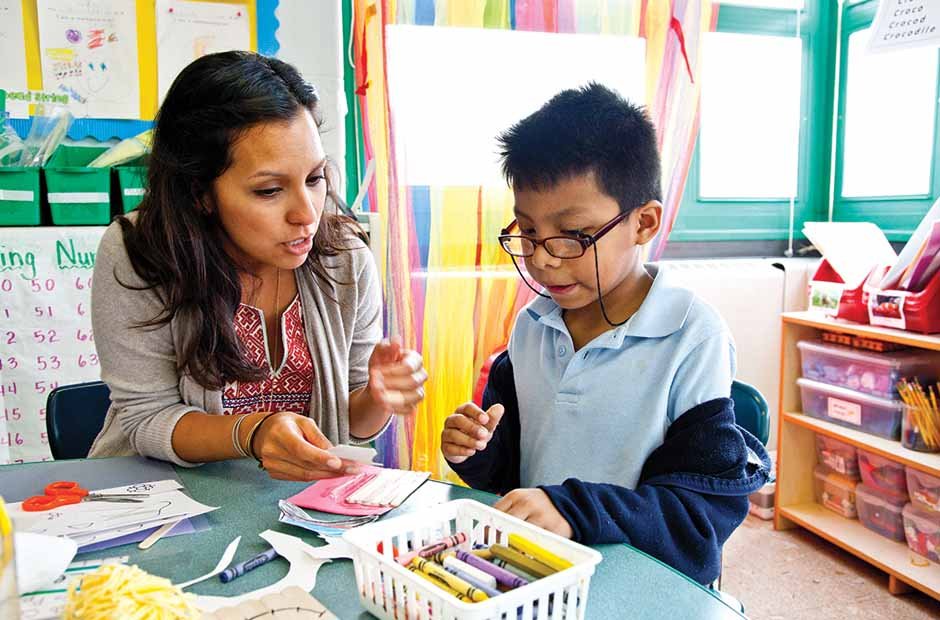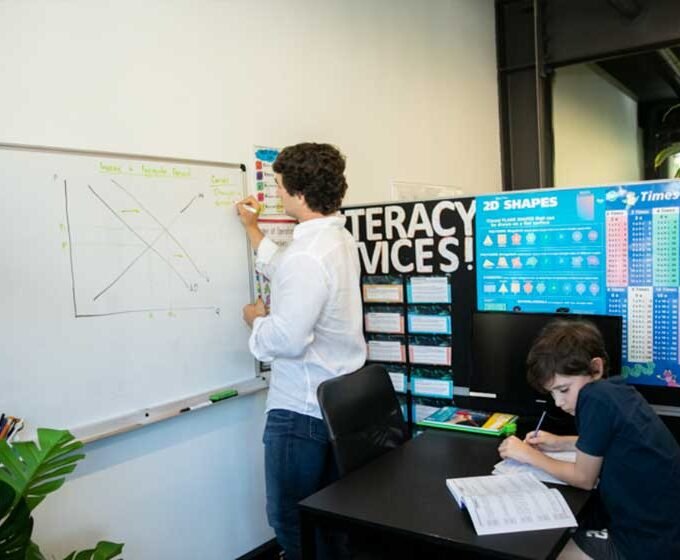Early childhood education and care is crucial to a child’s development and lays the foundation for lifelong learning. Pursuing a course in early childhood education prepares aspiring educators with the knowledge and skill set necessary to shape young minds. In this blog, we will explore what you can expect from early childhood education courses, focusing on curriculum and course content, practical training and field experience, assessment and evaluation methods, as well as career opportunities and advancement.
Curriculum and Course Content
Early childhood education and care courses like the chc30121 certificate are designed to provide students with a solid understanding of child development, effective teaching methods, and the ability to create a nurturing and stimulating learning environment.
The curriculum typically includes the following:
- Child Development
- Early Childhood Education Methods
- Language and Literacy Development
- Learning and Teaching Strategies
- Classroom Management
- Family and Community Engagement
- Child Development: A comprehensive study of the physical, cognitive, social, and emotional development of children from birth to age 8. This includes examining milestones, development theories, and factors that influence growth.
- Early Childhood Education Methods: These courses focus on teaching strategies, curriculum planning, and classroom management techniques tailored to young learners. Students learn to design engaging activities that promote cognitive, social, and emotional growth.
- Language and Literacy Development: Language skills are a cornerstone of early childhood education. Courses explore methods for fostering language development, including storytelling, phonics, and interactive reading. Strategies to enhance literacy skills are also covered.
- Learning and Teaching Strategies: Explore various teaching methodologies, curriculum planning, and designing developmentally appropriate activities to foster learning across different domains, such as language, mathematics, science, and creative arts.
- Classroom Management: Techniques for creating a positive and inclusive classroom environment, promoting positive behaviour, and addressing challenging behaviours effectively.
- Family and Community Engagement: Understanding the importance of building strong partnerships with families and engaging with the broader community to support children’s learning and development.
Practical Training and Field Experience
Early childhood education courses often incorporate practical training and field experience to provide hands-on learning opportunities. This component allows students to apply the knowledge and skills acquired in real-world settings.
Practical training may include:
- Observation and Reflection
- Teaching Practice
- Work Placements
- Observation and Reflection: Students observe experienced educators in early childhood settings, reflecting on teaching strategies, classroom management techniques, and interactions with children.
- Teaching Practice: Under the guidance of experienced mentors, students have the opportunity to plan, implement, and evaluate lessons, gaining valuable experience in delivering instruction and managing a classroom.
- Work Placements: Students may be placed in early childhood centres, preschools, or kindergartens to gain exposure to diverse learning environments and engage directly with children and families.
Assessment and Evaluation
Assessment and evaluation are integral components of early childhood education courses. These processes ensure that educators are equipped to monitor children’s progress effectively and make informed instructional decisions.
Assessment and evaluation methods may include:
- Assessment Criteria
- Formative Assessment
- Summative Assessment
- Observational Assessments
- Portfolio Assessments
- Assessment Criteria: Establishing clear criteria to evaluate children’s development across various domains, including cognitive, social, emotional, and physical skills.
- Formative Assessment: Ongoing assessment to gather information about children’s learning and inform instructional planning. This may involve using observation, checklists, portfolios, or anecdotal records.
- Summative Assessment: Comprehensive assessments conducted at the end of a learning period to evaluate children’s overall development and mastery of specific skills or concepts.
- Observational Assessments: Educators use systematic observations to assess children’s skills and developmental milestones. Students learn how to document observations, analyze data, and use the information to inform instructional planning.
- Portfolio Assessments: Portfolios are compilations of a child’s work and developmental progress. Students learn how to create and assess portfolios, providing valuable insights into a child’s growth.
Career Opportunities and Advancement
Early childhood education courses open various educational career opportunities. Graduates can pursue roles such as preschool or kindergarten teachers, childcare centre directors, curriculum developers, early intervention specialists, and educational consultants. Job prospects are favourable, with an increasing demand for qualified early childhood educators due to the growing recognition of the importance of early education in children’s lives.
Some potential career paths include:
- Preschool Teacher: These teachers work with children aged 3 to 5 and provide a foundation for their academic and social development. They design lesson plans, create a nurturing environment, and foster early learning skills.
- Kindergarten Teacher: Kindergarten teachers are critical in preparing children for elementary school. They focus on developing early literacy and numeracy skills and fostering social interactions.
- Early Childhood Education Administrator: Administrators oversee the operations of early childhood education centres, ensuring compliance with regulations, managing budgets, and supervising staff. This role requires strong leadership and organisational skills.
Conclusion
Enrolling in an early childhood education course offers a fulfilling journey towards becoming an effective and compassionate educator.
With a curriculum that covers child development, teaching strategies, classroom management, and family engagement, these courses equip students with the necessary skills to shape young minds.
Practical training and field experience provides hands-on learning, while assessment and evaluation methods ensure that educators can monitor children’s progress effectively.
Ultimately, a career in early childhood education offers promising job prospects and opportunities for advancement in a field that results in impactful careers.
















